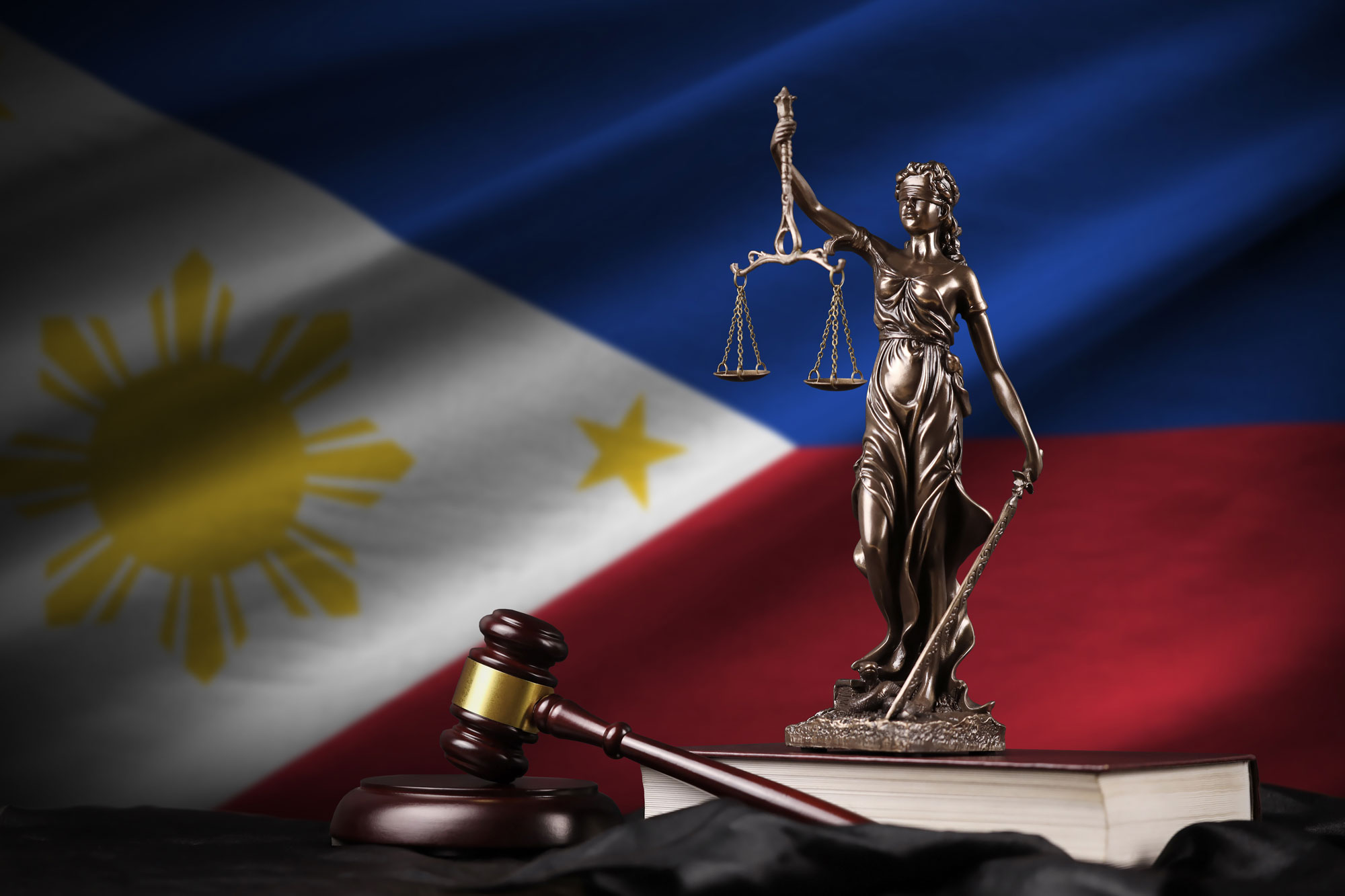Lawmakers Reinitiate Debate on Charter Change

Following a statement made by House Speaker Ferdinand Martin Romualdez, the House of Representatives is pushing once more to amend the 1987 Constitution’s economic provisions this year. House officials opined that it would be timely to revisit the “prohibitive” economic provisions that limits foreign ownership in certain industries and “make them more responsive to the times”, after having already passed all the administration’s priority measures in 2023. Congress members highlighted that restrictive clauses in the Constitution have made Manila the slowest among ASEAN nations. Lower House representatives want to finish charter change deliberations before the President’s SONA in July 2024, just a year before the midterm elections in May 2025, and are open to all modes of amending the Charter: constituent assembly, constitutional convention, or people’s initiative. Romualdez said lawmakers would be studying the possibility during the Congress’ break from December 16 to January 21.
On the other hand, Senators remained cold on the issue of Charter change (Cha-cha), citing the lack of clarity in timing and the specific process it will undergo. Many senators have consistently expressed caution about Charter change, dismissing the assurance from Congressmen that the proposed constitutional amendments would focus solely on economic provisions – as any move to modify the Constitution may also involve changing some of its political provisions.
On December 15, during a chance interview, President Marcos stated that he is interested in studying changes in the economic provisions of the Constitution to attract more investors, referring to the opportunity cost of foreign direct investments prohibited by the 1987 Constitution. In February of 2023, the President told reporters that Cha-cha is not a priority for him.
Overall, there have been mixed sentiments on the issue. Some groups support Cha-cha, believing that removing restrictions in the constitution would allow lawmakers to have “greater flexibility” in responding to the changing global and economic landscapes. Other groups worry about the possibility of abuse for political gains, potential erosion of checks and balances, and its impact on democratic institutions.








